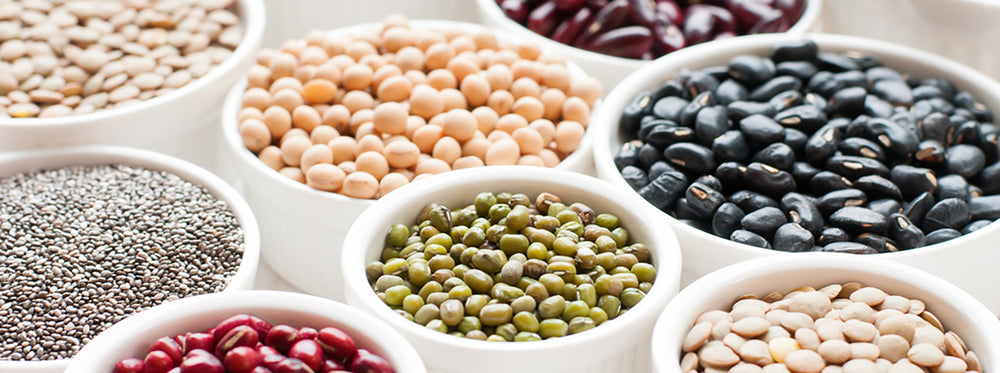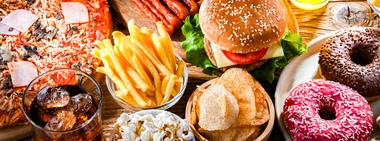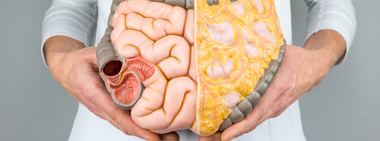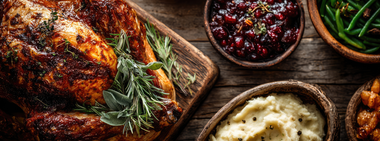Dried vs. Canned Beans: Best Options for a Healthy Diet

Beans are the cornerstone of every diet that has been shown to support healthy longevity. Whether in Costa Rica, Okinawa or Sardinia, people who live long well eat beans every day.
US dietary guidelines recommend that we consume about a half cup of beans, chickpeas, split peas or lentils per day. Unfortunately, 96% of Americans don’t get even this minimum amount. Which is a true missed opportunity for building health.
Benefits of Eating Beans
Beans count both as a protein and a vegetable, so they’re a two for one in terms of overall nutrition, as well as being excellent sources of fiber, folate, and essential minerals such as magnesium, phosphorus, potassium, and copper.
Beans are also inexpensive. A serving of dried beans costs anywhere between 10 and 40 cents. Canned beans can cost about three times more, but the trade-off is that you have to cook dried beans first – for hours. And if you’re like me, cooking beans for hours is completely unrealistic, making canned beans worth – literally – every penny.
No doubt canned beans are convenient, but are they as nutritious as home-cooked? And, if you do use canned, should you drain and rinse them, or not?
Certainly, whenever I see a recipe that involves canned beans, the instructions say to drain and rinse them. But does that mean we are draining and rinsing away some of the nutrients in the process? Those long-lived people mostly cook completely from scratch and never touch a can. Is their secret simply getting more nutrients out of the food they eat?
Are Home Cooked or Canned Beans Better?
According to a detailed analysis, ounce for ounce, volume for volume, home-cooked beans are significantly more nutritious than their undrained, canned versions. However, once you drain canned beans, they look virtually identical to their home cooked cousins – except for the sodium. Home-cooked beans are basically sodium free, while canned are typically in the 300 mg per serving range.
Should you rinse your canned beans?
Good news? Draining and rinsing the canned beans can get rid of about half the sodium. Bad news? It’s at the expense of rinsing away some of the nutrition.
So what should you do? Look for no-added salt canned beans and drain them before using. But avoid rinsing them - regardless of recipe instructions.
Different Ways To Incorporate Beans Into Your Diet
And try to have beans – in some form – regularly. Hummus is a constant presence in my fridge for easy snacks or even lunch. I always throw on beans at a salad bar and look for soups made with beans, like that ubiquitous Minestrone. In colder seasons, I make chili and other bean stews like chana masala. I might not eat beans every single day, but I easily average a half cup.
Beans. It’s what’s for dinner.
An important note: “No-added salt” is different than “reduced salt/sodium”. “No added salt” means just that – no sodium was added during the processing of the food and the sodium in the product is naturally occurring (and typically very low). “Reduced sodium” means that the product contains 25% less sodium than its original version. This is actually a pretty meaningless call out, because if you started with high sodium content, taking 25% of it away still leaves you with a high sodium food.
Try Step One Foods today!
Each non-pharmaceutical dose of Step One Foods targets the root cause of high cholesterol for proven reduction without major lifestyle changes. Choose Step One Foods twice each day as a meal or snack for lower cholesterol in as little as 30 days.
Reference
Comparison of Nutrient Density and Nutrient-to-Cost Between Cooked and Canned Beans

Tested & Proven Results.
- Cardiologist formulated
- Supported by over 500 publications
- Clinically-proven, in a double-blind randomized trial with Mayo Clinic and The University of Manitoba
80% of participants lowered their cholesterol in just 30 days. With just two servings per day, Step One Foods offers a proven-effective way to naturally lower LDL (bad) cholesterol.
Get heart health tips and articles like this, delivered right to your email.
New articles every week.
You may also like...

Insulin Resistance, Prediabetes and Type 2 Diabetes. Part 2: Chronic Calorie Excess

You don’t need to avoid foods with cholesterol…except for these



